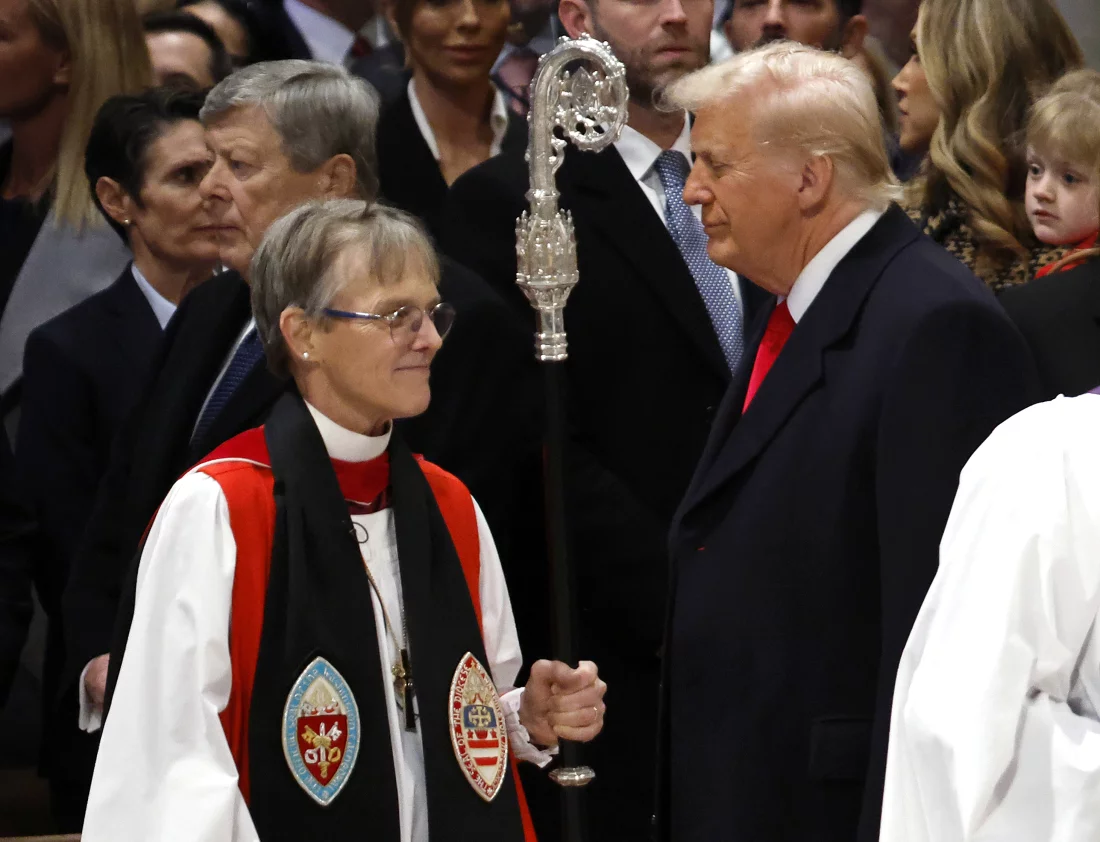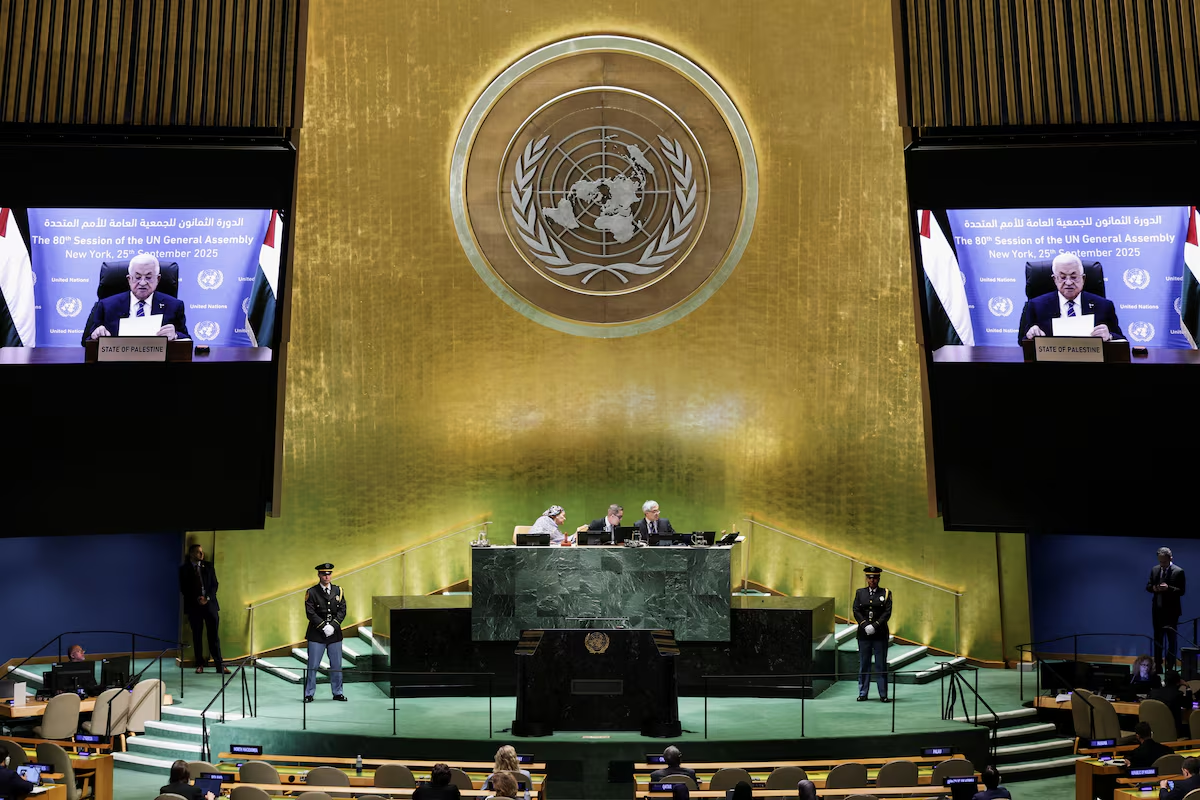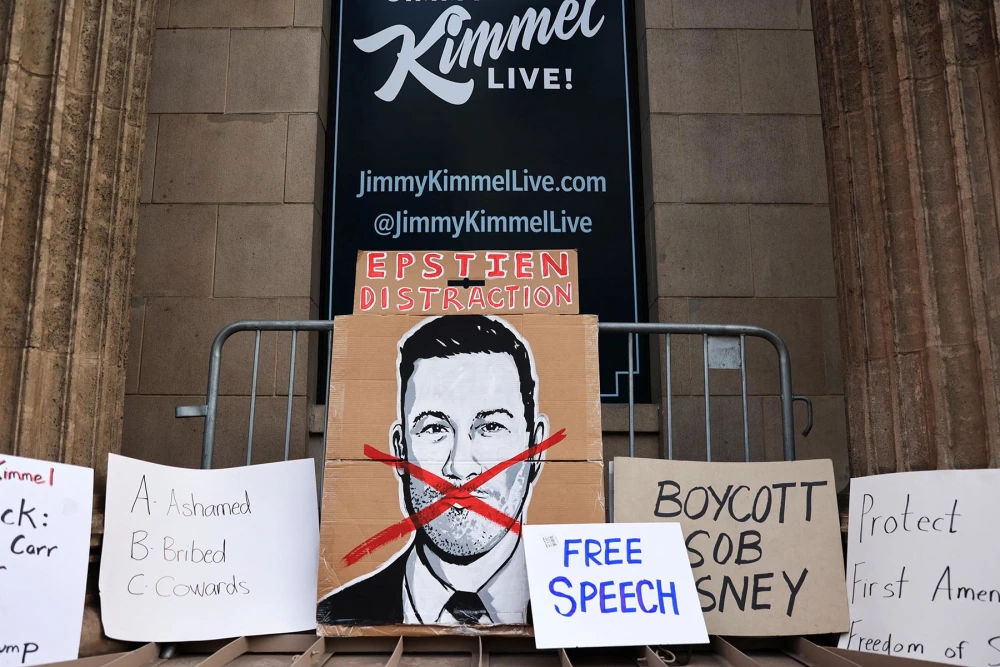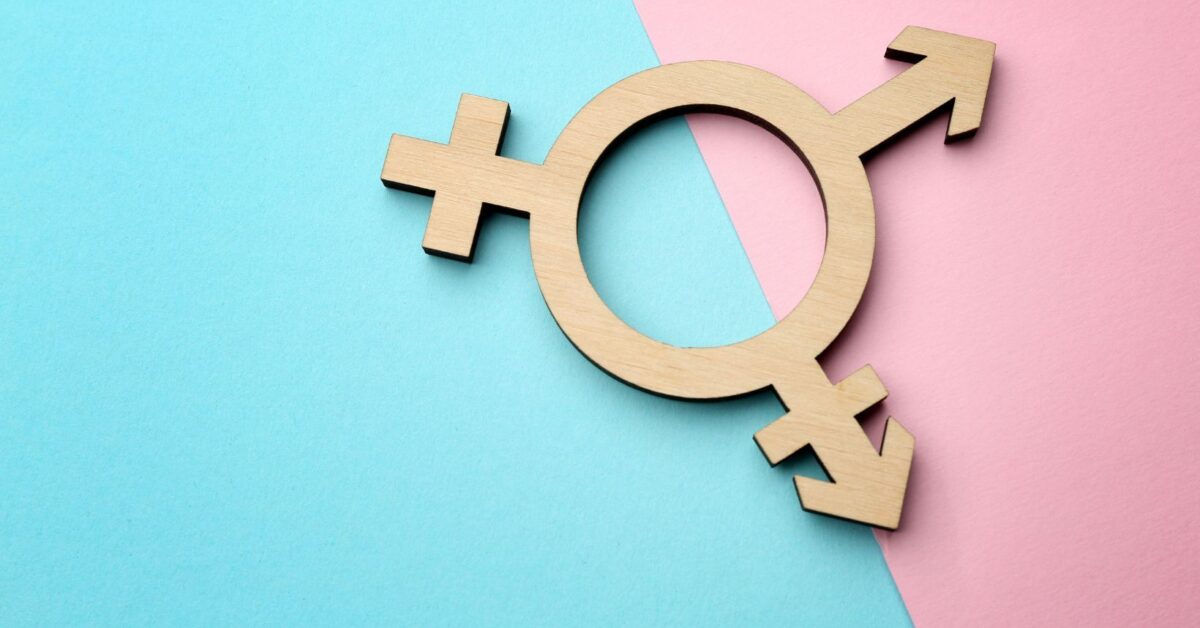On Jan. 21, Rev. Mariann Edgar Budde, a bishop at the Washington National Cathedral, delivered a controversial prayer service. During her sermon, Budde pleaded with President Donald Trump to “have mercy” on various groups, including LGBTQ+ children and immigrants.
In addition to Trump, others in the audience included First Lady Melania Trump, Vice President JD Vance, Second Lady Usha Vance and other members of the Trump family. This inaugural prayer service happened the Tuesday morning after Monday’s inauguration. The Washington National Cathedral is a cathedral church in the United States (ECUSA) and is a landmark for national events, such as the inaugural prayer.
Budde touched on a few points during the prayer, notably immigration and gay rights.
“In the name of our God, I ask you to have mercy upon the people in our country, who are scared now,” Budde said during the service. “There are gay, lesbian, and transgender children in Democratic, Republican, and Independent families, some who fear for their lives.”
Budde continued to comment on immigration, highlighting the contributions of undocumented workers.
“The people who pick our crops and clean our office buildings, who labor in poultry farms and meatpacking plants, who wash the dishes after we eat in restaurants and work the night shifts in hospitals. They may not be citizens or have the proper documentation, but the vast majority of immigrants are not criminals. They pay taxes, and are good neighbors,” Budde said.
Budde then asked the president to “have mercy” on children who are scared their parents will be taken away.
Following the service, Trump commented on the matter while returning to the White House, saying, “I didn’t think it was a good service.” Trump has also demanded an apology from the bishop following the event.
“She brought her church into the World of politics in a very ungracious way. She was nasty in tone, and not compelling or smart,” Trump wrote on Truth Social on Wednesday.
A backlash quickly sparked debates about the role of religion in politics. Churches and religious organizations are generally exempt from income tax under section 501(c)(3) of the Internal Revenue Code. 1954, Congress approved an amendment, known as the Johnson Amendment, prohibiting 501(c)(3) organizations from engaging in political activity.
501(c)(3) organizations are defined as one, “Which does not participate in, or intervene in (including the publishing or distributing of statements), any political campaign on behalf of (or in opposition to) any candidate for public office.”
The sermon sparked debate about the Johnson Amendment, with some arguing that Budde’s sermon violated the law, while others defended Budde’s right to speak freely.
Supporters view this as a heroic action by Budde, praising her for speaking out. Some have argued that it’s the moral responsibility of faith leaders to advocate, pointing to Bible verses like Leviticus 19:33-34 and 24:22, “When the alien resides with you in your land, you shall not oppress the alien. The alien who resides with you shall be to you as the citizen among you; you shall love the alien as yourself, for you were aliens in the land of Egypt: I am the Lord your God.”
Critics believe these remarks to be divisive and inappropriate, using the moment to push politics into religion. Churches bring people together, why would Budde use this moment to create even more political divide in the country?
No matter one’s view on the matter, Budde’s sermon has caused the nation to reflect on its values and opinions of religion in public discourse.









